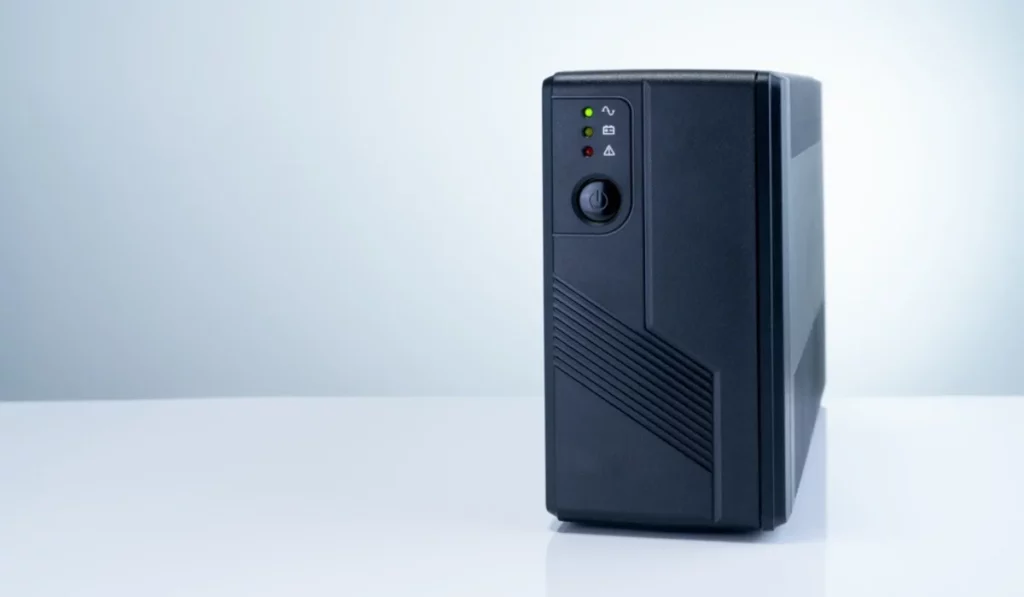
A Quick Take on Home Inverters, its Types, and Maintenance
Imagine this: a peaceful evening at home, snuggled up on your couch, enjoying your favourite TV show, or indulging in a riveting book, when suddenly, poof! The lights go out, leaving you in utter darkness. Annoying, right? We’ve all experienced power outages and their disruptive consequences, but what if we told you a hero is hiding in plain sight, ready to save the day? The unsung hero of every modern household: home inverter.
While often overshadowed by flashy gadgets and smart appliances, home inverters play a pivotal role in maintaining an uninterrupted power supply during blackouts, ensuring our daily lives continue to run smoothly. This blog post will delve into the fascinating world of home inverters, shedding light on their importance, types, and best maintenance practices.
What Are Home Inverters & Why are Essential for Every Modern Household?
Home inverters, or power inverters, are electronic devices that convert direct (DC) electricity into alternating (AC) electricity. They have become an essential part of every modern household due to their numerous benefits and the increasing reliance on electrical appliances and devices in our daily lives.
In simple terms, home inverters serve as a backup power supply during power outages or when electricity from the primary grid is unavailable. They are typically connected to a battery or a battery that stores the DC power. The inverter then converts this stored DC power into AC power, which can operate various household appliances such as lights, fans, televisions, refrigerators, computers, and other essential devices.
The following factors contribute to the indispensability of home inverters in modern households:
- Uninterrupted Power Supply
Home inverters provide a seamless power backup, ensuring an uninterrupted electricity supply during power failures. This is especially crucial in regions with frequent blackouts or unreliable electricity infrastructure.
- Convenience and Comfort
With a home inverter, households can maintain a comfortable living environment even during power outages. Lights can continue functioning, essential appliances can operate, and daily routines can proceed without disruption. This is particularly important for households with infants, elderly members, or individuals with medical conditions that require continuous electrical support.
- Protection of Electronic Equipment
Power fluctuations, voltage spikes, and electrical surges can potentially damage sensitive electronic devices like computers, televisions, and refrigerators. Home inverters shield against such electrical irregularities by providing a stable and regulated power supply, protecting valuable appliances from potential harm.
- Energy Efficiency
Home inverters contribute to energy efficiency by utilising power only when required. During periods of regular electricity supply, the inverter charges the battery, ensuring it is ready for backup power when needed. This intelligent charging mechanism helps optimise energy consumption and reduce overall electricity bills.
Understanding Types of Inverters
To better understand the various types of inverters, it is important to recognize their distinct features, particularly in relation to their suitability for residential applications. Residential purposes typically involve utilising three primary types of inverters: sine wave, modified sine wave, and square wave. Below, you will find comprehensive information detailing each of these inverters:
- Sine wave inverters are specifically designed to produce a clean and stable output that closely resembles the quality of electricity supplied by the grid. Due to their exceptional performance, they are highly recommended for powering sensitive electronic devices such as computers, televisions, and refrigerators.
- On the other hand, modified sine wave inverters offer a more cost-effective alternative. Although they may be relatively cheaper, they produce a waveform resembling a series of stepped levels, like a sine wave power backup system.
- In some residential settings, square wave power backup systems are also employed. These inverters are typically used to accommodate older appliances incompatible with modern inverters. While square wave inverters may not provide the same level of performance as sine wave inverters, they serve as a practical solution for such specific requirements in homes.
Final Thoughts
When choosing the perfect power backup system for your home, it is essential to consider the factors mentioned earlier. You can acquire dependable power backup systems by assessing these aspects and engaging with a reputable brand such as Luminous. A high-quality inverter system will safeguard your appliances and provide you with a sense of tranquillity during power outages.
Explore their website today for further information!
With a solid foundation in technology, backed by a BIT degree, Lucas Noah has carved a niche for himself in the world of content creation and digital storytelling. Currently lending his expertise to Creative Outrank LLC and Oceana Express LLC, Lucas has become a... Read more